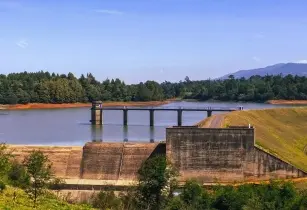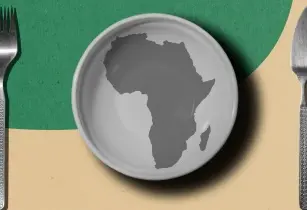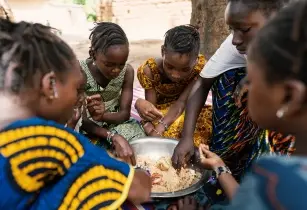Kenyan President William Ruto said the Government has prioritised the construction and expansion of dams to rebuild agriculture
Crops
Vice President Kamala Harris announces US$7bn investment to address Africa's pressing needs
In response to US President Kamala Harriss call for the private sector to promote and enhance climate resilience, adaptation and mitigation across Africa, the private sector made more than US$7bn in new commitments
Norway contributes million dollar funding to boost FAO's crisis response capacity
In an attempt to scale up its response to the most severe humanitarian crises and emergencies, the Food and Agriculture Organisation of the United Nations (FAO) has welcomed a US$23.7mn contribution from the Government of Norway, representing the largest single unear-marked funding of its kind till date
ANAACOP in partnership with CBN launch agro E-Naira digital currency in Nigeria
In an attempt to ensure food security, the Association of Northern Agricultural and Allied Commodities Practitioners (ANAACOP) has partnered with the Central Bank of Nigeria (CBN) to launch the farmers programmable money agro e-Naira
FMC invests US$1.5mn in new agriculture programme for Kenya youth
On 14 March, FMC Corporation, an agricultural sciences company, announced a three-year, US$1.5mn investment in support of Generation Unlimiteds Engaging Kenyan Youth in Agriculture and Nutrition (EKYAN) programme









